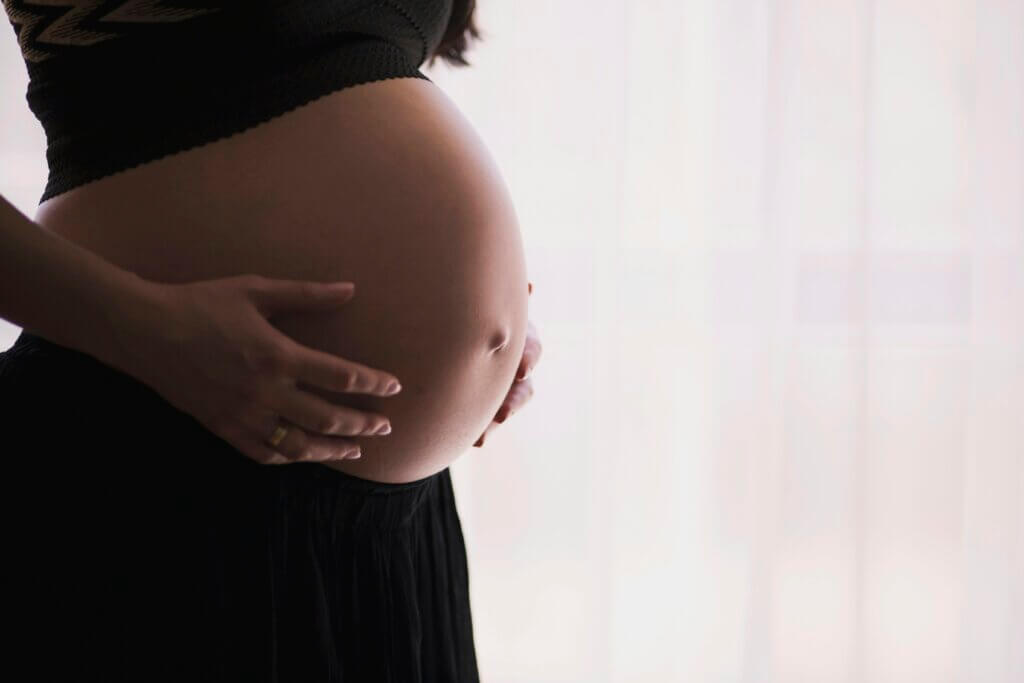Pregnancy is a beautiful, transformative journey for a woman. It is a time when you’re not just caring for yourself, but also for the tiny life growing inside you.
It is natural for every expecting mom to prioritize their baby’s health and well-being instinctively. For this reason, every single decision feels weightier – from the products you use to the food you eat.
One of the most critical aspects of this journey is nutrition because what nourishes you also nourishes your baby. All expecting mothers are advised to eat plenty and eat well when they’re carrying a life within their bodies.
But there’s a concern many expecting moms might not be aware of—certain foods could be contaminated with heavy metals. While this might sound alarming at first, it’s important to understand why it matters and how you can protect yourself.
Join us to find out everything you should know about heavy metal toxicity as an expecting mother.

The Threat of Heavy Metal Exposure for Pregnant Women
Before addressing heavy metal toxicity, let’s first take a look at how exposure to these metals can impact your reproductive health. The Centers for Disease Control and Prevention (CDC) recognizes lead, mercury, and cadmium, to name a few, as dangerous metals for women.
When these metals enter your body, they can disrupt key hormonal processes and affect both fertility and fetal development.
Lead, for example, is known to cross the placenta, meaning it can directly impact your baby during pregnancy. It even finds its way into your breast milk, which then transfers it to your newborn’s body.
This is why minimizing exposure to these harmful metals is so important, not just for your well-being, but also for your baby’s growth.
Another surprising truth about heavy metal exposure is that often, the consequences of it emerge in children years later. A study published by the JAMA Network in May 2024 confirmed this.
It tested the effects of exposure to endocrine-disrupting chemicals like pesticides, heavy metals, plasticizers, and PFAS in expecting mothers.
The results found that prenatal exposure to these chemical mixtures increased the risk of metabolic syndrome in children. In most cases, the syndrome showed symptoms between the ages of 6 and 11.
Related: Read stories of creative women navigating pregnancy & what it means to become a Mom.
The Presence of Heavy Metals in Foods – What to Know?
Most of you will agree that food is one of our life’s greatest pleasures. This is especially true during pregnancy when it’s your main source of nourishment for both you and your baby.
But here’s something that might surprise you—some everyday foods can also be sneaky sources of heavy metal exposure.
Heavy metals like lead, arsenic, and mercury can end in your meals. Unfortunately, they can accumulate in the body over time and pose serious health risks.
Certain foods are bigger culprits when it comes to heavy metal contamination, Markham Integrative Medicine notes.
For example, rice, often found in so many pregnancy diets, can absorb arsenic from waterlogged soils. Fish, especially tuna, are often high in mercury, while poultry and even bone broth— usually considered healthy staples— can contain lead.
And if you’re a fan of tea and coffee, it’s worth knowing that these can also introduce metals into your body.
The Safety of Newborns Against Heavy Metals
Your responsibility to protect your baby from heavy metals doesn’t end the moment they’re born; in fact, it’s just beginning. While you’ve spent months being careful about what goes into your body, the focus now shifts to what goes into your newborn’s.
Unfortunately, some baby food brands have been found to contain concerning levels of heavy metals like arsenic, lead, and mercury, notes TorHoerman Law. These harmful substances can make their way into baby foods during the growing and processing stages.
Shockingly, several popular baby food brands have come under scrutiny for heavy metal contamination, including Gerber Baby Food, Plum Organics, and Happy Family Organics. In the face of these revelations, people who have bought food from these brands have filed a toxic baby food lawsuit against them.
They’re appalled at such a breach of trust and hold the manufacturers accountable for the health problems their little ones were exposed to. Wondering why we’re sharing their predicament with you? It is so that you can take it as a lesson to be more cautious when buying food for your little ones.
Frequently Asked Questions (FAQs)
Which household products should pregnant women avoid using?
As a pregnant woman, there are certain everyday household products that you should avoid contact with to prevent chemical exposure. These include paint, synthetic fragrances, air fresheners, harsh cleaning agents like bleach or ammonia, pesticides and insecticides, and pet waste and medication.
What fruits should pregnant women avoid?
According to Medical News Today, there is no particular fruit that pregnant women should avoid. If there’s one thing they need to be careful about with fruits, it’s contamination. The safest choice for them is to purchase organic fruits and wash them thoroughly before eating.
Why is caffeine consumption restricted for pregnant women?
Pregnant women are often recommended to limit their caffeine intake. It is because caffeine constricts the blood vessels in the uterus and placenta, which reduces blood supply to the uterus. That inhibits its growth.
Pregnancies are undoubtedly the most extraordinary, most delicate experience every woman goes through. This is why there’s no surprise that it’s surrounded by care and caution. We hope to have opened the eyes of all expecting moms to the threat of heavy metal toxicity and its dangers today.





